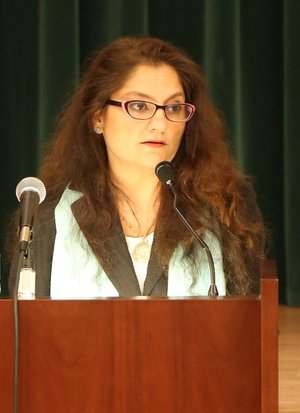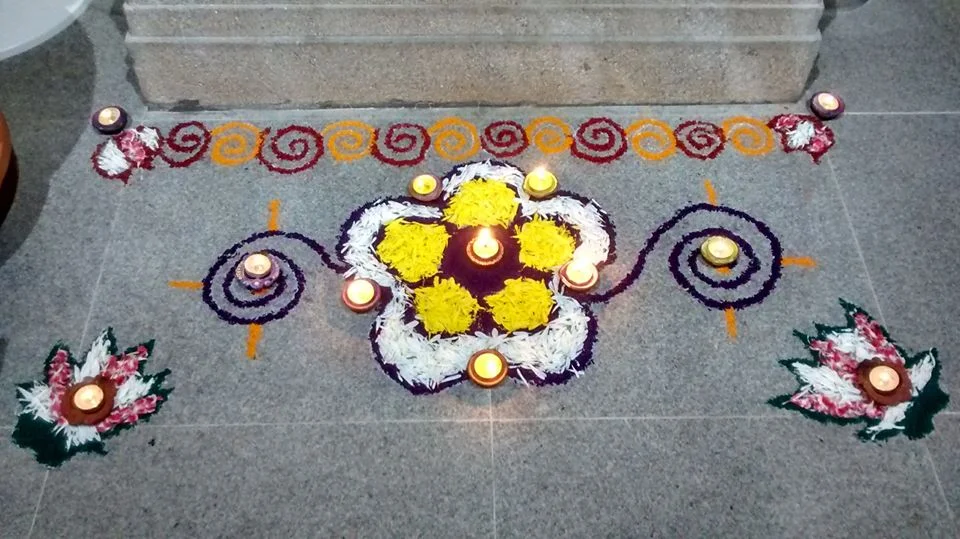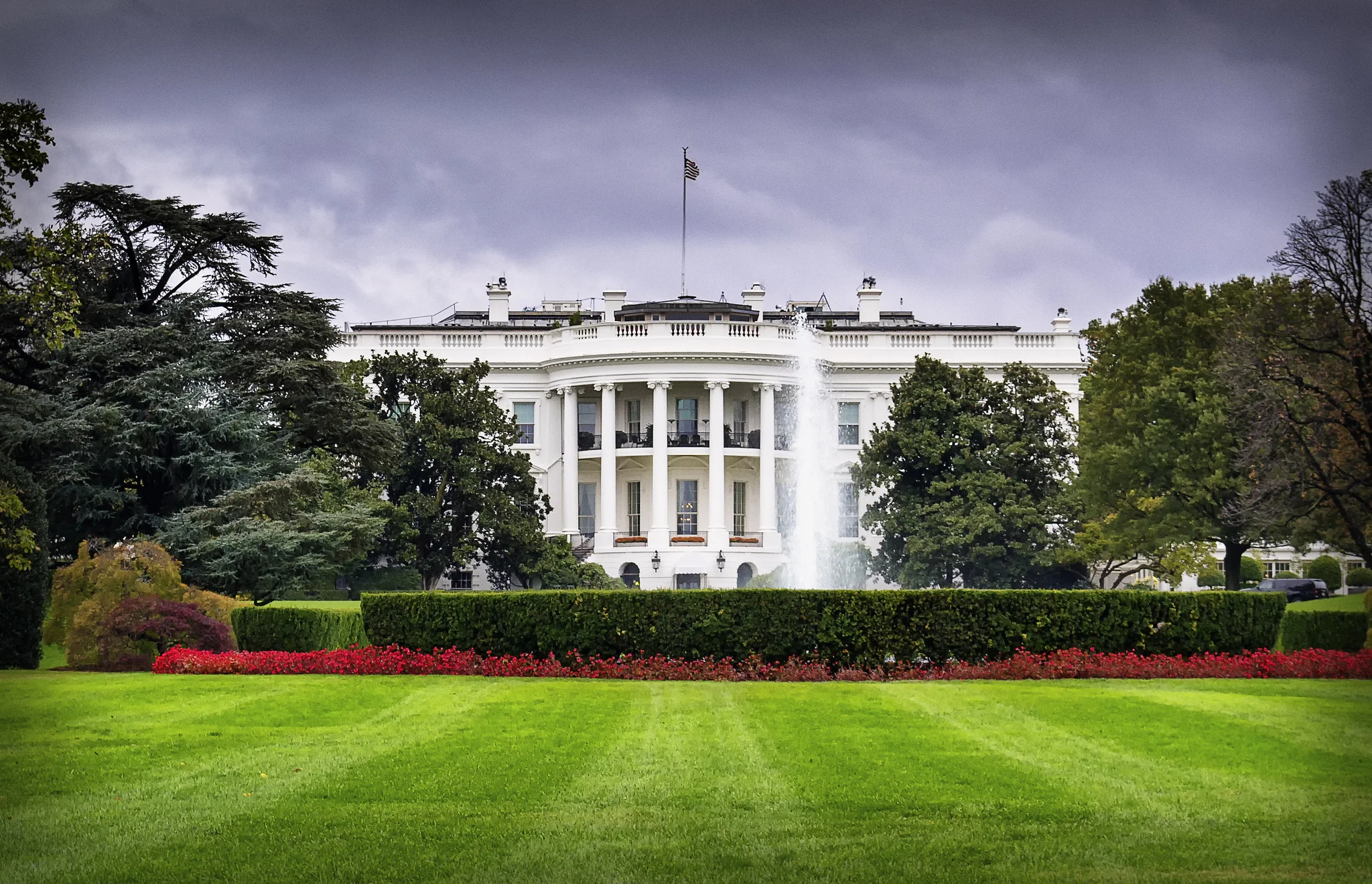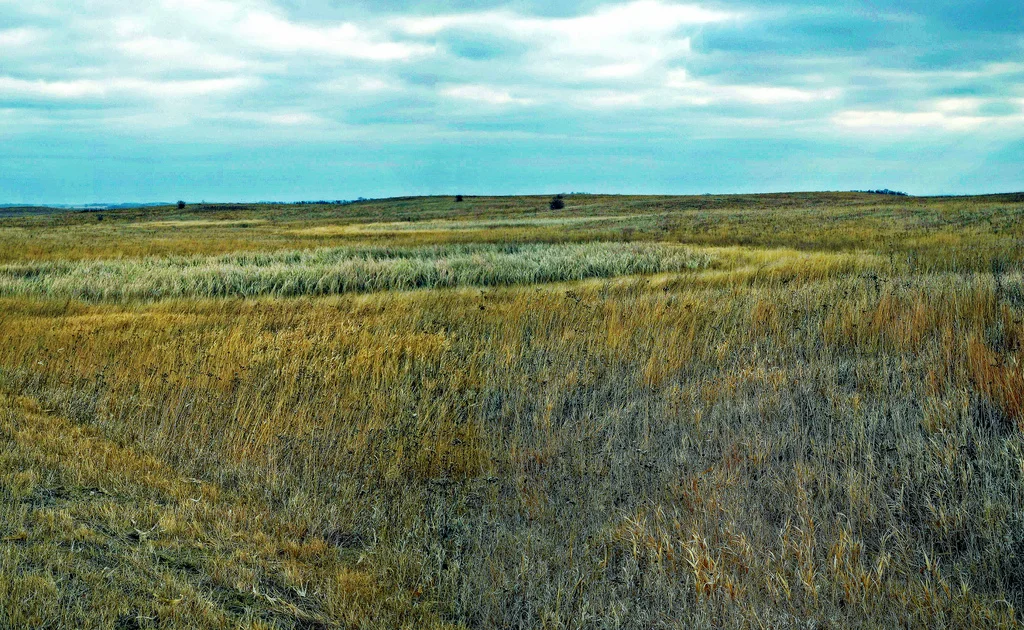Post Election Tonic
November 15, 2016
by David Parks-Ramage
What woman having ten silver coins, if she loses one of them, does not light a lamp, sweep the house, and search carefully till she finds it? (Luke 15:8) Meditation is a choice to become intimate with your own life. In meditation, we are quiet and alert, open and available to what is happening now.
by Jim Burklow
Religion can do a body good. And that’s not just a promise of good-pie-in-the-sky-when-you-die. There’s science behind the assertion that religion can benefit your physical and emotional health on this side of the Pearly Gates.
by Kathe Schaaf and Kay Lindhal
We have been captivated by the subtitle of the anthology Women, Religion and, Peacebuilding, edited by Susan Hayward and Katherine Marshall – Illuminating the Unseen. So much about the contributions of women to our culture and history has been invisible – both unrecorded and unacknowledged.
by Anya Cordell
There are a lot of issues associated with swimsuits; ask any woman. But the newest is hysteria over what some Muslim women are wearing; too much fabric, beyond that required to barely cover genitals, buttocks, and bits of breasts. Teeny bikinis on women, (and speedos for men), are fine. On some beaches in the world, nudity is fine.
by Vicki Garlock
For Christians, another Advent season will soon be upon us. As one of the quintessential periods in the liturgical calendar, it might seem like the wrong time to be thinking about interfaith efforts. It’s a feeling further heightened by the encroachment of numerous secular obligations. Who has time for “the other” right now?
by Sari Heidenreich
“But people just use it to post pictures of their breakfast.” That’s a complaint I’ve heard over and over again about social media – that it has made us self-absorbed and selfish, that it has made us feel we have to create a picture-perfect life and put it on display for the world to see.But when we’re talking about interfaith organizing, social media is so much more.
by Bud Heckman
A leader of a well-known nonprofit made a highly unusual public admission. So out of character, in fact, that there was a long awkward pause in the packed meeting room after she said it. A knowing gasp. Her organization works in 30 countries helping people overcome differences of various stripes. So what did she admit?
by Ruth Broyde Sharone
In an age when Muslim-Jewish tensions are unusually high, when prominent Muslim leaders publicly deny that the Holocaust happened, and when UNESCO recently voted to declare that the Temple Mount in Jerusalem is historically sacred only to Muslims, not Jews or Christians – it’s hard to imagine that a Muslim would have been selected to head a Holocaust center.
Editorial by Paul Chaffee
Last month’s TIO editorial suggested that the United States of America was at a critical interfaith juncture. Since then the choice has been made.
Getting the Word Out
From TIO
Chrisitan Jewish Peacemakers Project Developing
From Hartford Seminary
Essential Guidelines for Interfaith Higher Education
From Dr. Nathan Kollar

MUSLIMS AND THE HOLOCAUST
Dr. Mehnaz Afridi
INTRODUCING #TANGIBLEHOPE
See TIO's profile of Tangible Hope here











by Marcus Braybrooke
“One should listen to and respect the religions of other people.” These words that Aśoka had engraved on rocks across his vast empire more than 2,000 years ago still need to be heard today. King Aśoka, the third monarch of the Indian Mauryan dynasty, was largely forgotten until early in the 19th century when a large number of edicts, inscribed on rocks and pillars, were discovered.